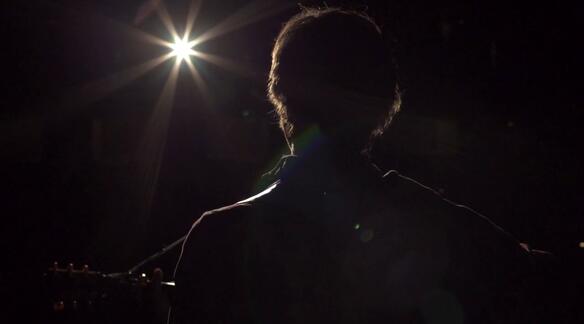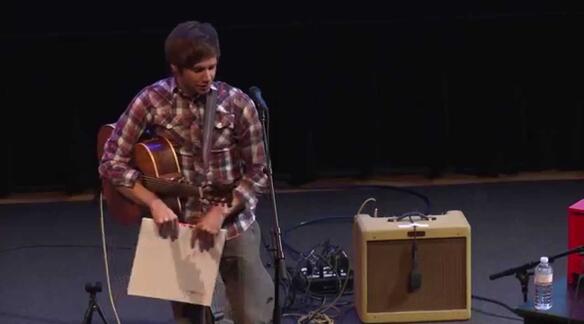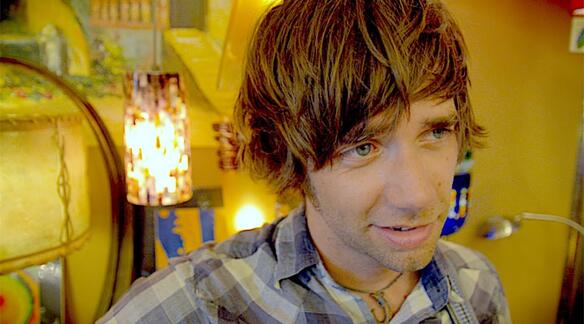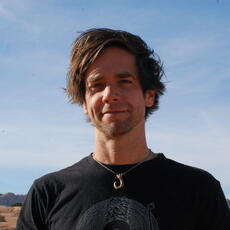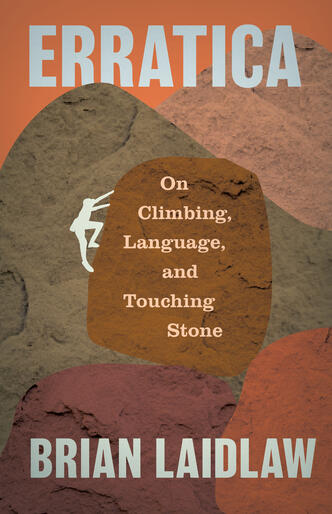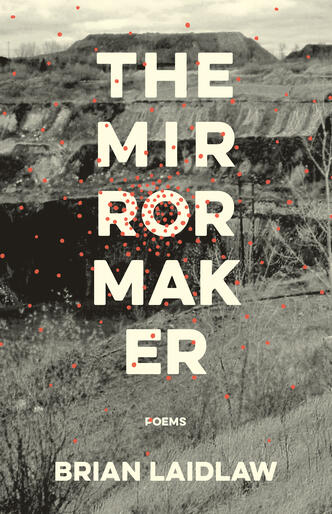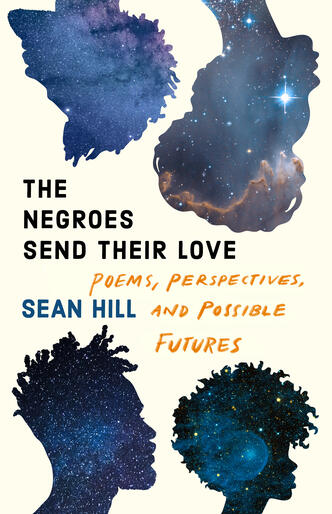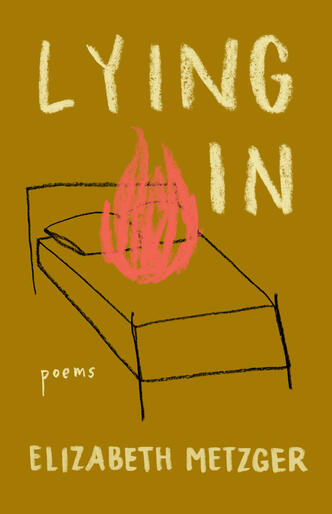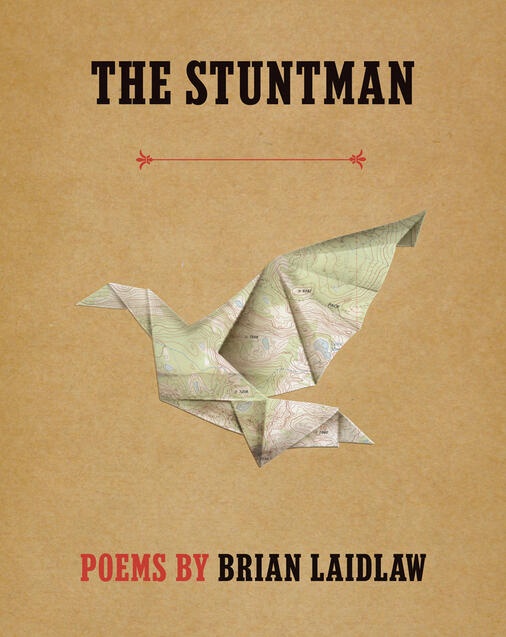
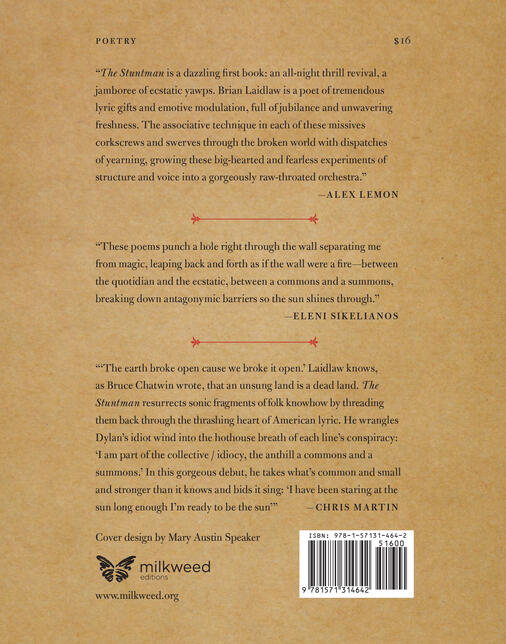
The Stuntman
Wonderfully accomplished and highly original, this debut collection does with language what miners have always done to the earth: peel back the layers, churn up the patterns, and extract what lies below the surface.
The Stuntman relocates the myth of Echo and Narcissus to the mining town of Hibbing, Minnesota, and draws inspiration from the high school relationship between Bob Dylan and Echo Helstrom—a.k.a. “The Girl From the North Country”—that took place there. At once whimsical and refreshingly earnest, playful and yet richly grounded in one of the founding myths of Western civilization, The Stuntman deploys images that are often as quirky as they are illuminating, and explores the protean nature of the self as well as the challenges of being a self in social and intimate relationships.

